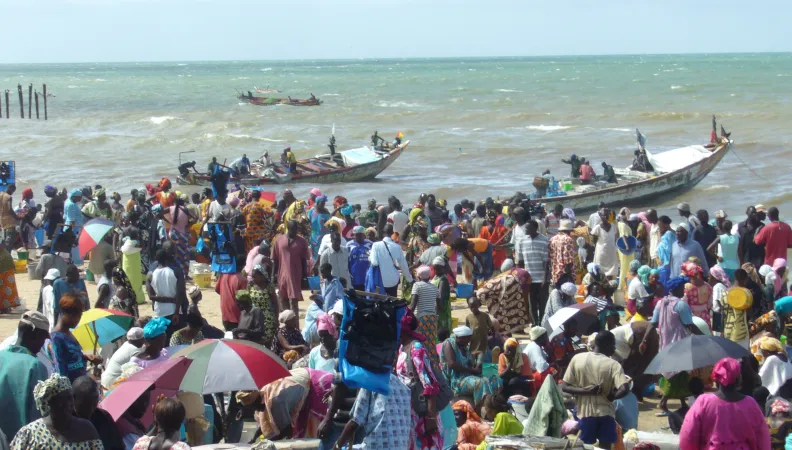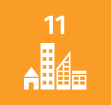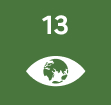Share the page
Support and fortify fishing activities in Senegal (CryoSolar)
Project


-
Project start date
-
Status
Completed
-
Estimated date of project termination
-
-
Project financing date
-
-
Financing duration
-
2 YEARS
-
Type of program
-
FFEM
-
Global financing amount
-
283 500 €
-
FFEM financing amount
-
78 900 €
-
Project lead member institution(s)
-
French Ministry of Economy and Finance
-
Country and region
-
Senegal
-
Location
-
Dakar
-
Type of financing
-
Grant
-
Partners
-
ANER
-
Beneficiaries
-
Valorem
-
Type of beneficiary
-
private sector




An activity essential to socio-economic balance in Senegal, fishing suffers the full impact of climate change. With the support of the FFEM, Valorem plans to test out a solar-powered cold room solution in the port of Fass Boye, which currently lacks refrigeration facilities.
Context
With 718 km of coastline and 600,000 people employed in the fishing sector, Senegal remains highly dependent on fishing resources. Under the effects of climate change, potential catches may see significant decline, aggravating the North/South political inequalities and threatening the population’s food security. Small fishing ports are particularly susceptible to these changes.
Despite its vitality, the port of Fass Boye is currently lacking any means of storage, meaning that wholesalers have to go to fetch ice every day. The development of an autonomous solar-powered cold room will enable fish to be better stored thus limiting losses, while also reducing reliance on chemical batteries. The project benefits from FFEM aid via the Private Sector Innovation Facility (FISP).
Description
There are three components to the project:
- Commissioning a solar-powered cold room in the port of Fass Boye to store fish and testing its technical operation, following completion of an external study.
- Defining how the facility's governance and management will work to help enhance its usage, supporting stakeholders’ buy-in and identifying impacts.
- Evaluating the added value of this equipment drawing on user feedback and audits, in order to pursue roll-out at a larger scale.
Outcomes
- Minimising transport movements, ice consumption and reliance on fossil fuels through the development of a solar-powered solution.
- Preservation of fishing resources and reduction of waste.
- Creation of local employment for management and security at the pilot cold room (pilot).
- Securing production resources and revenues of fish wholesalers
Innovative & exemplary character
The experimental CryoSolar project, supported by the FFEM via the FISP-Climat facility, is a demonstrator for a solar-powered cold room. This technical innovation relies on the use of a eutectic storage system, which is able to store the cold generated by solar energy in the day for release at night. This makes it possible to stop using electrochemical batteries, which are less sustainable and more polluting. The results of this experiment will be shared with all stakeholders. They will then be able to optimise management and governance with a view to larger-scale deployment.
Evaluation summary of the FISP Cryosolar
Sustainable Development Goals
ODD9 Industry, innovation and infrastructure

ODD11 Sustainable cities and communities

ODD12 Responsible consumption and production

ODD13 Climate action



